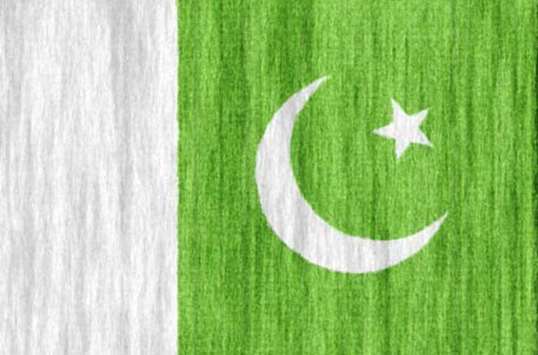National Commission for Human Rights (NCHR) chairman Ali Nawaz Chohan yesterday said terrorist attacks had threatened the political process.
“The attacks on political gatherings are crimes against humanity and those responsible for planning and carrying them out should be brought to justice,” said the retired judge in a statement while condemning the recent attacks on the political gatherings in Mastung and Khyber Pakhtunkhwa (KP) that killed not only candidates but hundreds of civilians.
Expressing his concern, the NCHR chairman said that well-established principles of international law required that those in authority be held accountable when people under their control committed crimes against humanity.
“Leaders who fail to take reasonable preventive action, or fail to punish the perpetrators are also responsible for such crimes,” he said.
The NCHR chairman said that at the onset of election 2018 the political activities had been obstructed by tragic events in two provinces.
In KP, the corner meeting of ANP’s candidate Harron Bilour was attacked by a suicide bomber, killing the candidate and many other political workers attending the meeting, the statement said.
While this attack was still being mourned, a second corner meeting was attacked in Mastung, Balochistan claiming lives of Siraj Raisani also a candidate and more than hundred people in a suicide attack.
In another terror attack in KP, former chief minister Akram Khan Durrani luckily survived, said the NCHR in the statement.
“Both the martyrdom of Haroon Bilour and Siraj Raisani is worrisome as it discourages political activity which is integral part of democracy,” said NCHR chairman.
He said that activities during election are visualised as a right of the people to participate in the political process. Security for this purpose should have been sound and foolproof thus discouraging any such attempt that could sabotage election schedule.
The NCHR is also concerned about the lack of facilities available in the hospitals. As reported in the incident of Mastung, before arrival of the rescue teams, people took the injured to hospital via cabs.
The ambulances brought survivors to Quetta Civil hospital where a state of emergency was imposed by provincial government.
“On July 14, 2018, Quetta civil hospital could not handle the load of patients. Beds in the hospital fell short and many patients were treated in the corridor of the hospital. The NCHR believes that precious life of many injured could have been saved if hospital were better equipped with facilities to treat the patients,” Chohan said.

GULF TIMES
